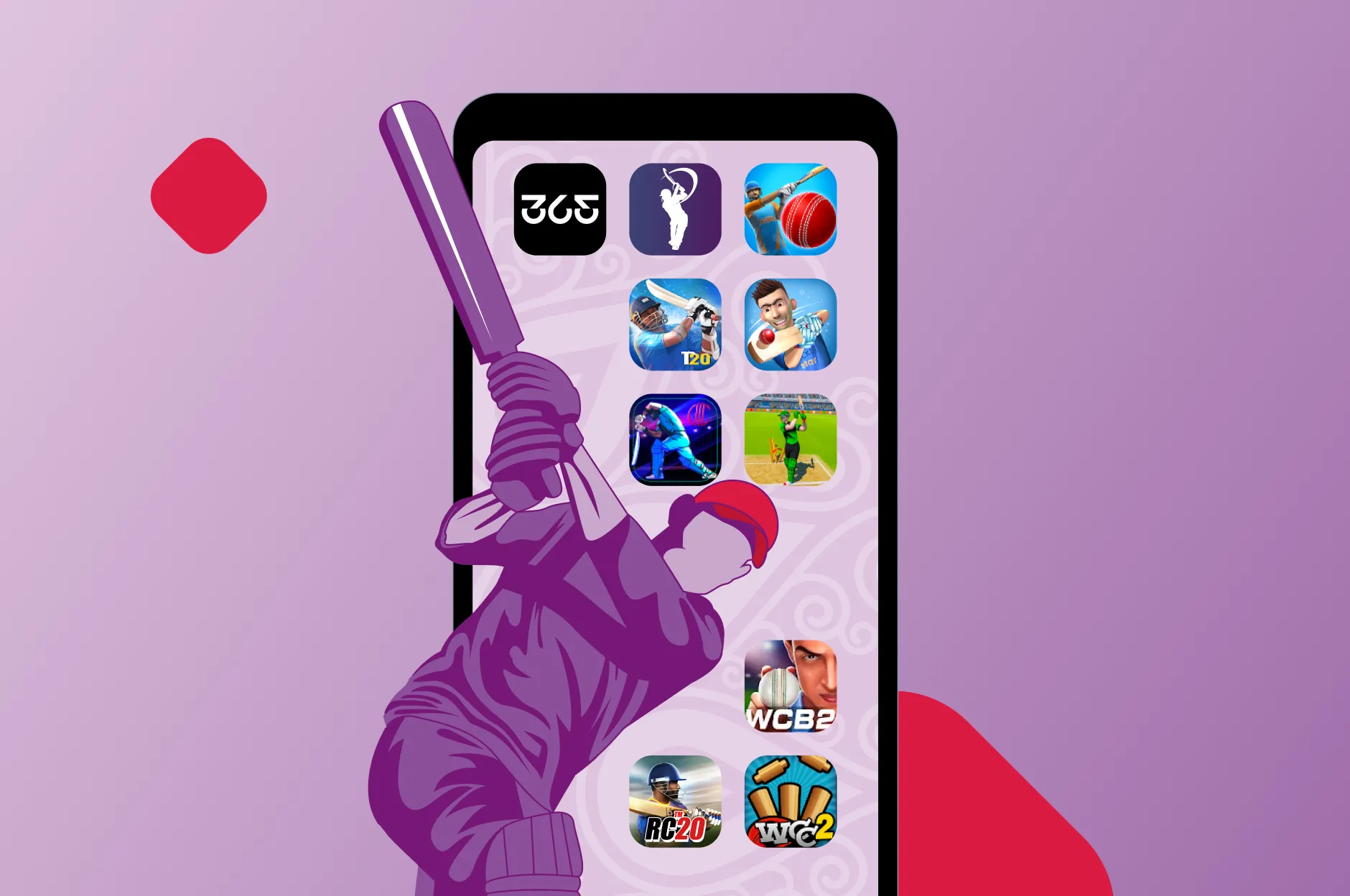

Advances in mobile technology and app design are helping us all to become more connected, more engaged and more productive on the move.But the smartphone isn’t just making headway in the mobile environment. As cutting-edge technologies, like those currently available on premium mobile devices like the Samsung Galaxy Note 8, filter down to mid-range and eventually even entry-level smartphones – we may soon have to re-define exactly what a smartphone is.A Beast of a PhoneBy all accounts the Galaxy Note 8 is a “beast of a phone” and a real game changer. Let’s face facts, it’s more than just a pretty smartphone, it’s a pretty powerful computer – and one that could potentially inspire you to leave your laptop behind next time you venture out on business.With its huge 6.3 inch screen, impressive 6GB of RAM, expandable 64GB of storage and the ability to use multiple apps at the same time, Note 8 users won’t find their efforts to work remotely restricted by their smartphone’s size or functionality.This “big” user experience on the Note 8 makes the business productivity apps we regularly use in the desktop setting even more appealing and (perhaps most importantly) more usable in the mobile environment.Note: Most standard business software tools now come in app form and the choices available go far beyond the “everyday” Office tools we use like Word, Outlook or Excel. Chances are your smartphone could be home to the same web conferencing, CRM, project management and cloud storage tools you currently use on your laptop.Fly FreeAs any frequent flyer will tell you, packing a laptop for a business trip is a pain. It adds unnecessary weight and bulk to your hand luggage, slows your progress through airport security checks and can be awkward to use in a crowded aircraft cabin (particularly when food and drinks are being served). If you could do everything you normally do on your laptop on a smartphone – wouldn’t it make sense to just pack one device?Consider This: Marketing Guru, Gary Vaynerchuk (one of the most prolific business voices on social media today) no longer travels with a laptop. Vaynerchuk’s philosophy centres on documenting rather than creating. There is no better tool to document everything as and when it happens than the smartphone.Mobile Desktops – The Office of the FutureBut this doesn’t mean the “traditional” desktop environment is dead. It’s just more likely to be powered by a mobile device than a traditional laptop or desktop computer in the future.Again, it’s the world’s leading smartphone manufacturer at the forefront of this technological change.Samsung’s Galaxy Note 8 users can now connect their smartphones to a monitor, keyboard and mouse via Samsung’s DeX system, and enjoy a complete desktop experience powered by their smartphone.The low cost of the DeX (just over $100) combined with the function rich environment of the Note 8 flips the argument that the Note 8 is a very expensive smartphone. When you combine a Galaxy Note 8 with the DeX system – you effectively remove the need to purchase multiple other devices (laptop, phone, camera, TV, etc.), potentially saving a small fortune.Note: While the Galaxy Note 8 carries a premium price tag (retailing in the US at just below $1,000), this hasn’t restricted sales. Before its release on September 15th, Samsung announced the smartphone had exceeded sales expectations with nearly 400,000 units being sold on the first day of a pre-sale event.Opportunities for DevelopersSo what does this mean for App developers and marketers?Perhaps the biggest opportunity for developers is in the bigger environment. More screen space and more memory means more room to play with greater usability and more functionality.Then there is the commercial advantage. By optimizing apps to suit the environment in which they are used also means users have less reason to “shop around” for alternative products, ensuring more frequent engagement.Remember: the more useful your app, the more often it will be used and the greater your opportunity to drive revenues from in-app purchases, etc.Go “Lite”However, the optimized app landscape also presents a challenge for app developers.If a product is too advanced – it may not be suitable for less powerful devices.This is where a smarter mobile marketing strategy comes into play.Preloading apps via Digital Turbine onto clearly defined devices (for example: The Samsung Galaxy Note 8) and/or by network and targeted user groups (for example: business contracts) enables app developers to carefully position their optimized apps on optimized devices.Less demanding (or “Lite”) versions of apps can then be made available (with upsell opportunities) via lower-capacity devices and app stores – ensuring everyone enjoys optimum functionality based on the device they currently own.Twitter is currently offering a “lite” version of its app in the Philippines – a market where mobile devices with limited storage are still very popular and data plans tend to be quite expensive.Facebook has also seen considerable success with its “lite” app. Facebook Lite has more than 200 million users worldwide – highlighting the demand of such services in less-developed mobile economies.Note: While many economies lag behind the United States and Europe in terms of smartphone adoption and mobile infrastructure, the speed at which technology is developing means the devices we enjoy today – will soon be available (and perhaps more importantly, more affordable) globally. When this happens, emerging economies will undoubtedly benefit from becoming more connected, more engaged and more productive and this is good news for everyone. The re-defined, more powerful, more useful smartphone will be at the forefront of a global entrepreneurial revolution for which the foundations are currently being built.How are you optimizing your apps to suit a more diverse mobile environment? Is your focus on pushing the boundaries of technology or serving as wide a market as possible? Share your comments below:






.jpg)

